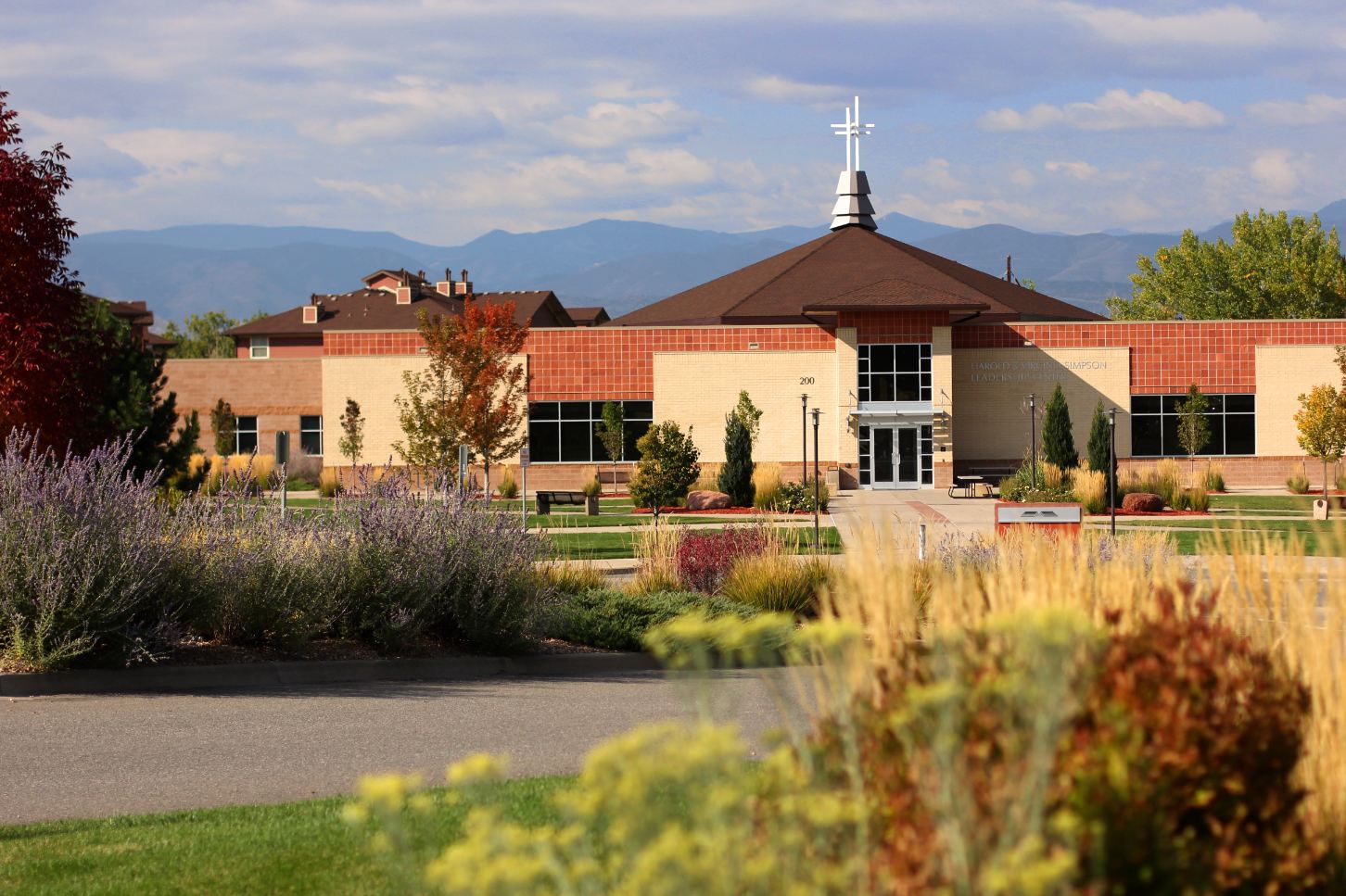State Authorization
State Authorization allows Denver Seminary to offer educational activities, including on-ground experiences like internships, outside Colorado. Authorization requirements for out-of-state activities vary by state and program. At Denver Seminary, we work with various entities to ensure we research and meet state regulations, seek and maintain program approvals, and communicate and disclose information to help you succeed no matter where you may decide to live both while studying and then pursuing your career goals.
Denver Seminary is authorized to offer out-of-state educational activities in all 50 states through the following authorizations:
1. SARA Authorization
Denver Seminary participates in the State Authorization Reciprocity Agreement (SARA), which allows Denver Seminary to offer courses and programs in all SARA member states, territories, and districts.
The State Authorization Reciprocity Agreement (SARA) is a national initiative to increase access to distance education courses and programs while maintaining compliance standards with state regulatory agencies. Institutions participating in SARA can offer educational opportunities in all 49 SARA member states, districts, and territories without seeking separate approvals.
Denver Seminary was approved as an institutional SARA participant in 2016. Participation expands educational opportunities for students nationwide and reduces the cost to offer Denver Seminary programs nationally.
SARA establishes national standards for offering interstate education, but additional approvals may be required for programs that lead to professional licensure or programs placing more than 10 students at a field experience site in a SARA state. To learn more about SARA, visit nc-sara.org.
2. Non-SARA States
Denver Seminary also may offer courses or programs to students located in states that have not joined SARA:
California:The California Bureau of Private Postsecondary Education does not require out-of-state non-profit accredited institutions like Denver Seminary with register with them. Therefore, Bureau approval for Denver Seminary to offer distance education in California is not required.
Denver Seminary Complaint Process
Students enrolled in a Denver Seminary course who have a complaint about a course or experience should follow the appeals and complaints procedures detailed in the Denver Seminary Student Handbook.
SARA State Complaint Process
Students enrolled in a course that takes place outside Colorado in a SARA member state must first follow Denver Seminary’s complaints and appeals procedures detailed in the Denver Seminary Student Handbook for the resolution of complaints. If a student is not satisfied with the outcome of that process, a complaint involving allegations of dishonest or fraudulent activity, including the provision of false or misleading information, may be brought to the Colorado SARA portal entity (The Colorado Department of Higher Education). The SARA portal entity in the state where the student is located will be notified that the complaint was received and may assist as needed. Resolution of the complaint by the Colorado SARA portal entity is final. Please note that grade appeals and student conduct appeals are not allowed under SARA.
Non-SARA State Complaints
Students participating in a course that takes place in a non-SARA state may file a complaint with the Colorado Department of Higher Education, or may file a complaint in the state where the student is located:
California: A complaint may be filed by writing to the California Department of Consumer Affairs (DCA) or calling DCA’s Consumer Information Center (CIC) at:
California Department of Consumer Affairs Consumer Information Center
1625 North Market Blvd., Suite N-112
Sacramento, California 95834
Telephone: 833.942.1120
[email protected]
For more information, you may also go to the DCA website.

